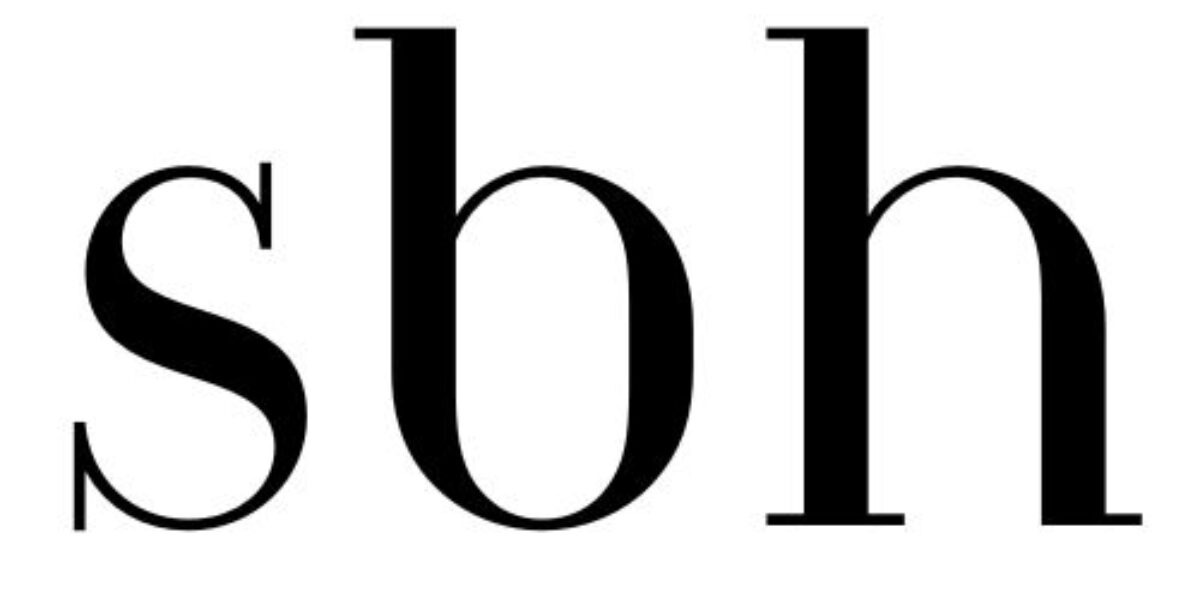A small business in South Africa is subject to various tax thresholds and filing deadlines, which largely depend on its legal structure and whether it qualifies for specific small business tax regimes.
Here’s a breakdown based on the provided sources:
Tax Thresholds
- Small Business Corporation (SBC) Income Tax Thresholds
- If your private company, close corporation, or co-operative qualifies as a Small Business Corporation (SBC), it can benefit from preferential income tax rates.
- For years of assessment ending on or after 1 April 2019, a qualifying SBC pays no income tax on the first R79,000 of taxable income.
- Beyond this threshold, the tax rates for an SBC are progressive, meaning higher taxable income results in a higher tax rate.
- Turnover Tax Thresholds
- The Turnover Tax system is a simplified tax regime designed for micro businesses with a qualifying annual turnover of R1 million or less.
- This system replaces Income Tax, VAT, Provisional Tax, Capital Gains Tax, and Dividends Tax for qualifying micro businesses.
- The tax rate is applied to the taxable turnover, not profit, and varies progressively based on turnover. For the year of assessment ending between 1 March 2021 and 28 February 2022, the rates were:
- R0 – R335,000 turnover: 0%.
- R335,001 – R500,000 turnover: 1% of each R1 above R335,000.
- R500,001 – R750,000 turnover: R1,650 + 2% of the amount above R500,000.
- R750,001 and above turnover: R6,650 + 3% of the amount above R750,000.
Filing Deadlines
- Employer Taxes (PAYE, SDL, UIF, ETI)
- Registration: An employer must register with SARS within 21 business days after becoming an employer, unless no employees are liable for normal tax. Any changes to registered particulars (e.g., name, address, or ceasing to operate as an employer) must also be communicated to SARS within 21 business days.
- Monthly Employer Declaration (EMP201): Employers must complete and submit the EMP201 to declare and pay over amounts deducted or withheld for PAYE, SDL, UIF, and ETI on a monthly basis. The sources state this is done monthly, but do not specify a fixed date each month.
- Employer Reconciliation Declarations (EMP501): Employers are required to submit an accurate EMP501, along with Employee Tax Certificates [IRP5/IT3(a)s], for two periods:
- Interim period: For the six months from 1 March to 31 August.
- Annual period: For the full year from 1 March to 28/29 February.
- The specific submission date for the reconciliation is published in the latest Government Gazette.
- Turnover Tax Deadlines
- Payment Dates (TT02 – Payment Advice):
- The first payment is due in the middle of the tax year, on the last business day of August.
- The second payment is due at the end of the tax year, on the last business day of February.
- If a payment day falls on a Saturday, Sunday, or public holiday, the payment must be made no later than the last business day before that date.
- Annual Turnover Tax Return (TT03) Submission: The annual TT03 return is submitted and processed between 1 July and 31 January of the following year. A final payment is due after this return is submitted and processed.
- Payment Dates (TT02 – Payment Advice):
- Record Keeping
- Generally, a person who has submitted a tax return must keep records for five years from the date of submission.
- For deductions claimed under the Urban Development Zone (UDZ) accelerated depreciation, the UDZ1 and UDZ2 forms must be retained for five years after the date of submission of the return in which the amount was claimed.
- Accelerated Depreciation (Urban Development Zones – UDZ)
- The deduction for accelerated depreciation in Urban Development Zones for the erection, acquisition, or improvement of buildings was available only until 31 March 2021. This marks the cessation of this particular incentive.
